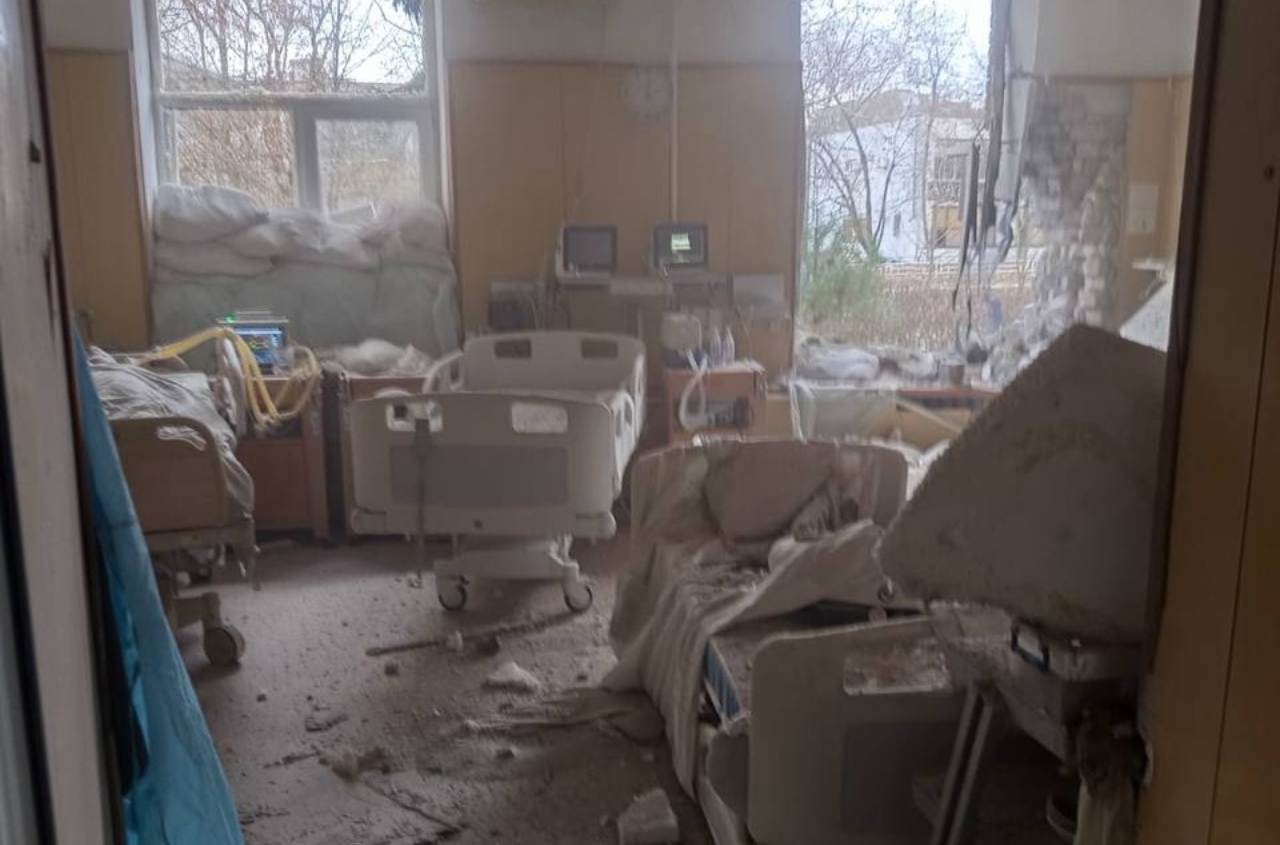Russia has paused its massed attacks on Ukraine. The last time the Russian forces missile attack was almost a month ago - on February 15th. During this time, the Russian army has accumulated about 100 more missiles.
The reason for such a long pause may be related to the technical condition of the aircraft, according to Oleg Zhdanov. He explained that the significant wear of engine resources requires maintenance and repair of the carriers.
"Note that in the recent missile strikes, nine to ten aircraft and 18-20 missiles were used. That is, they are not loading more than two to four missiles per aircraft, although it can carry 10 missiles. This indicates engine wear. This could be the first problem," the military expert said.
The second problem, he said, is the availability of missiles. During the month of absence of shelling, the Russian Federation accumulated another hundred missiles of various types.
"Perhaps this accumulation is for more serious actions on the front line. Right now, they are still trying to maintain offensive actions. But some analysts say that by summer, Russia may form offensive groups and attempt a new offensive after the inauguration if Putin announces mobilization or something else after the elections. Then they will need missiles," Zhdanov said.
At the same time, the Russian army continues to attack Ukrainian cities using UAVs. According to the military expert, this is because Russia has established the production of drones within the country.
"They have huge capacities - they can produce 300-400 UAVs per month, plus deliveries from Iran. It's cheap and fast, so they continue to inflict fire damage on us. As for detecting air defense systems, it's unlikely. Because today we don't see the A-50 aircraft in the air, which should detect the locations of air defense systems from the air. They have paused. I would say it's more of a harassing fire to keep us on edge. To make us understand that constant attacks are ongoing and perhaps the enemy's hope that they will achieve their goal in terms of destroying our objects, wearing out society, and forcing us to capitulate," Oleg Zhdanov explained.
The military expert says that the Russian army consistently acts illogically, making it difficult to predict when it will launch the next massive attack on Ukraine. However, there are several "dangerous" dates.
"When we expect them to strike, they don't. When we don't expect it, they do. They missed March 8th, and there was no shelling even during the address to the federal assembly. To say that it's possible on March 17th is plausible. The probability exists and is heightened on these days, March 15-17, when the voting will take place. But again, it's 50-50 whether there will be shelling or not. Unfortunately, they have pushed us into such nervous tension that we have to be prepared for missile strikes every day. Whether it will happen or not is very difficult to say," Oleg Zhdanov explained.
He reminded that Russia often strikes at dawn because it's the most challenging time for combat duty.
"Anyone who has been on combat duty understands that when dawn breaks, it's the most difficult time to concentrate for someone sitting behind radar screens. This time is always utilized, it's classic in military operations. Artillery attacks start at four, five, or six in the morning. The same goes for missile strikes - they're calculated to reach our territory precisely at that time," said the military expert.
During the day, Russia launched attacks when it had plenty of missiles and capabilities. According to Oleg Zhdanov, the Russian forces believed it would lead to some effect.
"Moreover, don't forget that we also use visual observation, especially for subsonic targets - drones and missiles. They understand that our population actively participates in searching for and reporting Air Force about the routes of missiles and drones. Therefore, nighttime is the most advantageous time for them," said the military expert.
He concluded that Russia most likely paused to prepare for a massive strike - repairing equipment and accumulating missiles.
"The recent strikes used several X-22 missiles. This is an old Soviet missile with a rare engine using inert rocket fuel. It's highly toxic. It can't be kept fueled. And in order not to poison and cause an accident, it needs to be thoroughly checked for technical serviceability and suitability for refueling after 40-50 years of storage because these missiles are from the 1960s. It needs to be brought, checked, refueled, and used in the shortest possible time. Therefore, there are many peculiarities in preparing these missiles. The same goes for airplanes," said Oleg Zhdanov.




















